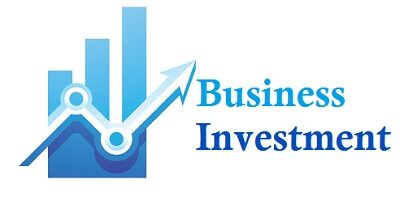
What is Cash Flow from Assets?
To understand what “cash flow from assets” is, it is important to understand what cash flow itself is. A healthy cash flow is more important for a business than healthy profits. This is because while profits are that which makes a business profitable (obviously), cash flow is that which keeps a business afloat. This is because a healthy cash flow allows you to meet your financial obligations, month on month, year on year. And without a healthy cash flow, your business cannot grow.
Cash flow is certainly related to profits, but it refers to the amount of capital that is available when payments need to be made. For example, you might need to make a payment mid-month, but the necessary capital might not be coming in until the end of the month. In such a case, you have a cash flow problem, even if your total monthly profits are enough to cover all expenses.
Businesses that find themselves in this situation are typically smaller businesses working to a tight budget. Moreover, businesses in such a situation typically make use of invoice factoring to solve this problem. fastFACTR, a company offering invoice factoring for small businesses describe the service as the payment of an invoice under the understanding that when the customer pays the invoice, the company can pay back the factoring service. Such is the usual route for small companies with cash flow issues.
However, cash flow is not always expressed purely in terms of revenue. There is also such a concept as cash flow from assets, but what does this entail?
Cash Flow from Assets
Cash flow from assets can be thought of as a subset of total cash flow. Whereas total cash flow involves income from all business operations (including other financing operations such as selling stocks), cash flow from assets typically involves only the cash flow that results from other business operations, usually only the day-to-day commercial activity of the company.
Cash flow from assets also includes cash flow from business operations, such as net income (after expenses have been met) as well as non-cash operations like amortization and depreciation.
Why is It Important?
Tracking cash flow from assets is something that every business should take care to do, and to separate quite distinctly from other forms of cash flow. This is because it is a better indicator of the financial health of the business, as it does not include those extra revenue streams which result, to put it bluntly, from things which you do not own. Income from playing the stock market and from other sources does not reflect at all how well your business is performing, how much profit you are making from the actual day-to-day running of your business.
You can think about it this way: if you simply lump together your income from profits and all the other money-making activities you engage in, then this will be an inaccurate picture of how well you are faring at what is the most important task – selling your products.
The Importance Improving Cash Flow from Assets
The good thing about optimizing your cash flow from assets is that if you can make this one area of your business self-sufficient, then extra revenue streams simply become a bonus and not a means of picking up the slack from poor business performance.
Some techniques that can help here are to increase prices (although be careful not to price out customers), eliminating overhead costs, and creating longer payment intervals to wholesalers or suppliers.
Doing all this effectively is nothing short of having your business stand on its own two feet.


